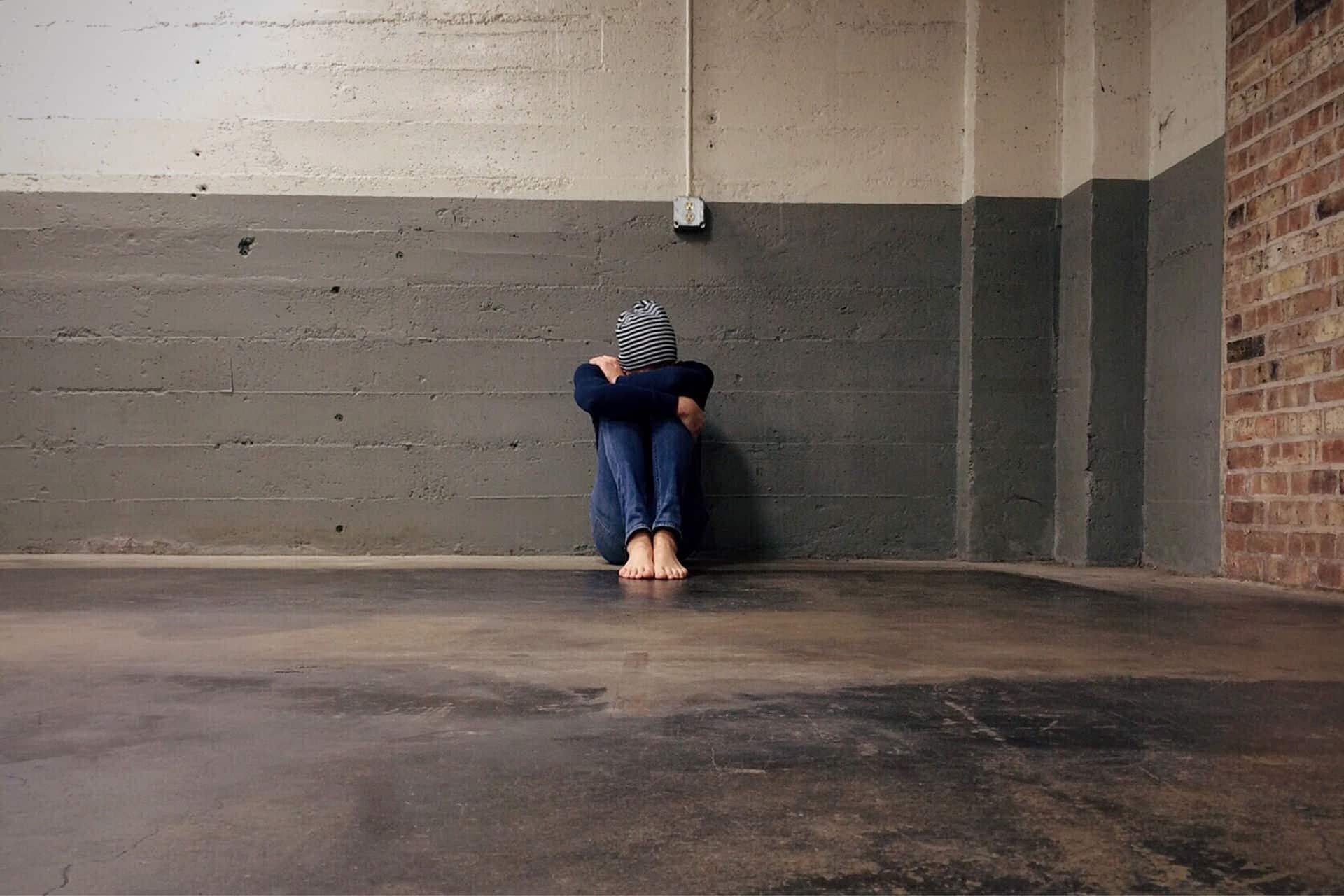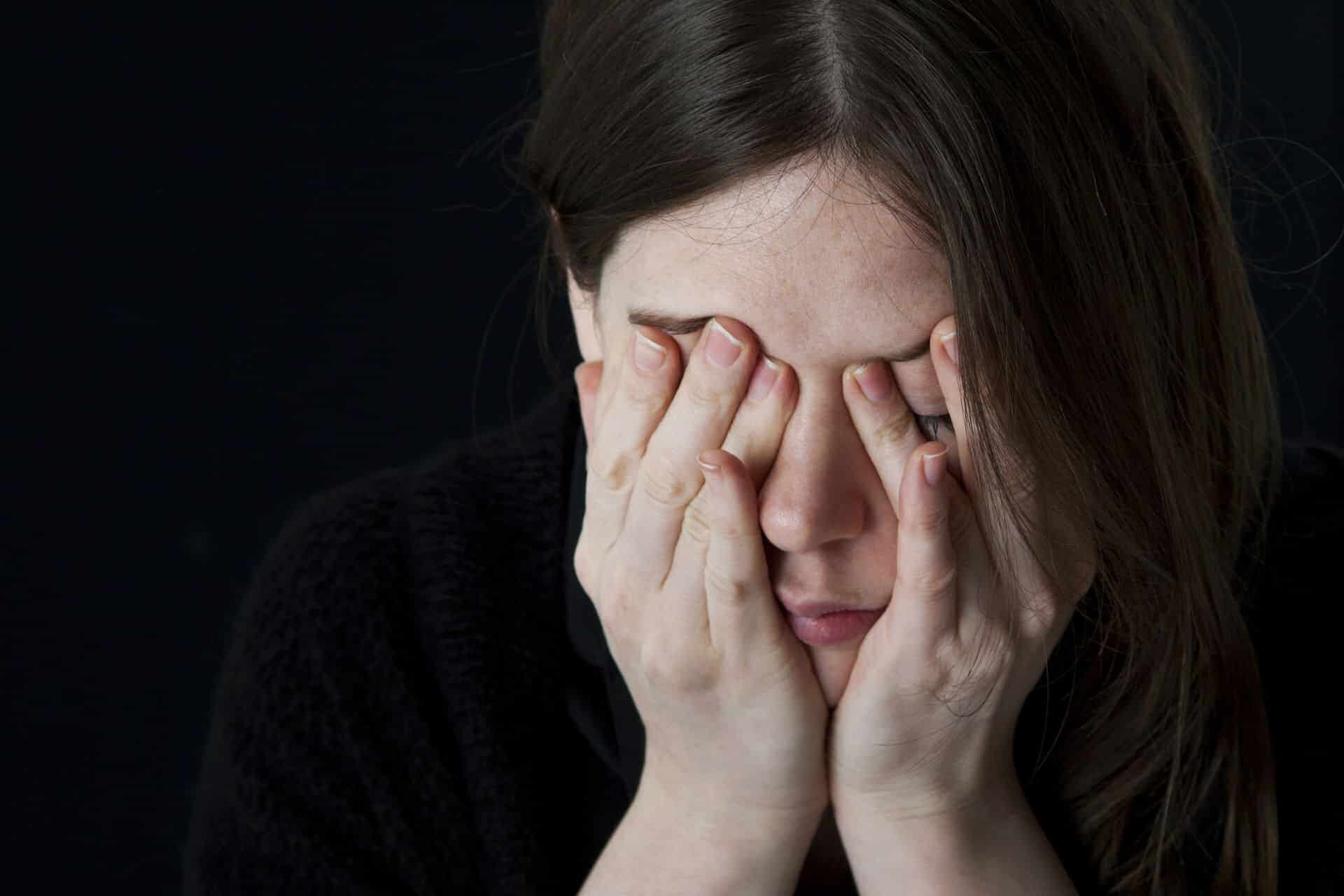Contact Orlando Treatment Solutions
For any other questions please call us or fill out the contact us form. We're here to help you at Orlando Treatment Solutions.
Contact Us Call Now (321) 415-3213Popular Post
Upon facing the rather difficult journey of recovery once you come out on the other side sober and clean, you have numerous things to be happy and feel good about. However, it’s common to feel the same feeling any others feel: the fear of relapsing. After winning the vicious battle that is addiction, it can be completely earth-shattering to feel that it might not last forever.
However, it’s vital to remember that relapsing is especially common after you become clean. It is so common that it’s considered a huge part of long-lasting recovery. Perhaps you’re not sure what to do when you relapse. Or maybe you’d like to know more about what happens when you relapse. Understanding what to do when relapse occurs and how to deal with relapse in recovery can be extremely important. Allow us to help you here at Orlando Treatment Solutions.
What Does It Mean to Relapse?
When an individual experiences a relapse, it is considered to be a temporary moment of weakness that can ultimately lead to drug and alcohol use again. A relapse occurs when an individual returns back to using drugs or alcohol after a sobriety period. There are many individuals recovering from addiction that face a constant high risk of relapsing.
The above-mentioned scenario occurs due to specific functional and structural brain modifications that continue well after the initial period that the sobriety was first acquired. Relapsing after a strong or long-lasting period of sobriety is a common occurrence. About half of individuals recovering from drug and alcohol addiction or substance abuse will undergo one.
According to the National Institute on Drug Abuse, relapse rates while an individual is actively in recovery are between 40% to 60%. What happens when you relapse? After undergoing a relapse, there are many individuals that will experience severe feelings of shame and guilt.
Additionally, an individual facing a relapse after rehab might have to fight the urge to give up the fight and give in to their addiction instead. Even though it’s tempting to stop putting in the effort and hard work, it’s so not worth it. The steps you take to overcome the momentary desire to use are remarkable. If you’re trying to figure out how to deal with relapse in recovery, it is important to understand an important fact. Please know that it’s normal and presents challenges to maintaining a drug-free lifestyle, but it’s not impossible to overcome.
How Does Relapse Occur?
Relapse occurs due to the following reasons:
Lack of Support
When an individual doesn’t have a support system, it can be harmful. An individual who is newly sober needs to have a strong support network as soon as possible because this can make a huge difference between relapsing back into addiction and continued recovery. When you have a support group that is filled with others in recovery is super vital. It’s best to seek spiritual guidance through religion or meditation, join sober group activities, or ask family members to hold you accountable.
Not Making Sobriety Your Top Priority
Without a solid commitment to experiencing long-term recovery, it’s more likely that you will relapse. In order to be successful, an individual certainly has to be willing to put in the diligent effort that is required to stay sober. This will include having a dedicated sponsor, receiving therapy and counseling for any possible co-occurring disorders, such as depression or anxiety, and 12-step meetings.
When You Aren’t Fully Prepared for Life Post-Treatment
It’s pivotal to create a relapse prevention plan that is geared towards transitioning back to normal life after treatment. It’s vital to understand how specific things can sabotage sobriety such as toxic friendships, unhealthy daily routines, social isolation, and dysfunctional family dynamics. When you are able to clearly identify triggers early on, you’re able to help protect your newfound sobriety.
Not Wanting to Quit for Your Own Reasons and for Yourself
In a few cases, the user will enter treatment because they are trying to please friends or family rather than being committed to quitting for themselves. Until a person truly wants to quit drug use for themselves, the actual risk of relapse will be much higher.
What Should People Do if They Experience a Relapse in Recovery From Addiction?
If you are unsure about what to do when you relapse, let us help. When you experience a relapse, use it as a learning tool that can clarify the relapse prevention plan, and further identify triggers. By digging deeper into the main root cause of the relapse, the foundation for an everlasting recovery will help ensure that you’re able to bounce back even stronger than previously acquired.
What happens when you relapse or what to do when relapse occurs? Be sure to take a step back and assess a few factors. Are there any triggers surrounding you? Or are you surrounded by like-minded individuals geared to improving themselves? Once you’re able to answer these few eye-opening questions, it’ll be easier to make better changes.
The next step you will want to engage in is figuring out if you need to attend a relapse after a rehab program. If this was simply an isolated incident and you are fully devoted to modifying and examining your recovery care plan, you may not need to attend an inpatient relapse rehab.
How to Deal With Relapse in Recovery: 7 Things To Do If You Relapse
- Reach out for help.
- Attend one of the offered self-help groups.
- Avoid any triggers if possible.
- Begin to set healthy boundaries.
- Start investing your time into self-care.
- Reflect some time about the relapse.
- Develop a relapse prevention plan.
Relapse Recovery Awaits at Orlando Treatment Services Today
Despite what some people may say or believe, relapse does not equal failure. You have not lost the battle if you are dealing with relapse. You have simply encountered an obstacle that you can overcome! Learning how to deal with relapse in recovery can be difficult. But with support and guidance, you can and will get through this!
The sooner you begin to take the necessary steps after following a relapse, the easier it will be to get yourself fully back on track. Remember, it’s never too late to recover from a relapse. Therefore, do not be discouraged if you think you have gone way too far back into your addiction. It isn’t uncommon to need professional help to assist after a relapse. Numerous individuals benefit from the added support of an addiction treatment program, contact us today.
Contact Us
CALL US NOW
Orlando Treatment Solutions will iron out the details for you in a manner that will make you confident in your path to sobriety. That first simple call is your ticket to making Orlando Treatment Solutions your solution for addiction. Get the freedom from addiction that you deserve today.
Call us now on (321) 415-3213Updated News
LATEST POSTS
Orlando Treatment Solutions makes numerous media outlets available to encourage you in your recovery process. Digital media literature is approved by a licensed professional and intended to guide you in your recovery path.

Years of experience
Our leadership team has extensive experience in dual-diagnosis treatment and is ready to help those who are struggling with substance use and mental health.

Specialists
Our staff consists of many licensed addiction and mental health treatment facilitators and other staff who are ready to share their experience and their success.

Happy patients
Orlando Treatment Solutions has helped over 2,000 people who have struggled with substance use (alcohol and drug addiction) and mental health find freedom.
Contact Us
GET IN TOUCH
Reaching out to Orlando Treatment Solutions may be the most important call of your recovery process. A caring professional is waiting for your call to be your guide to addiction-free living.
Need Help? Contact Us
Areas and Cities We Serve SUD & Mental Health Treatments in Florida
Oviedo Deland Palm Coast Jacksonville Port St. Lucie Tampa Altamonte Springs Kissimmee St Cloud Winter Garden Winter Park Clermont Melbourne Sanford Deltona Lake Mary Mount Dora Leesburg The Villages Union Park St. Augustine Dupont Port Orange Ormond Beach Holly Hill Daytona Beach Edgewater Oak Hill Maytown Eldora Geneva Titusville Christmas Port St. John Port Canaveral Cocoa Beach Osteen Satellite Beach Palm Bay Roseland Sebastian Fellsmere Gifford Rockledge
 info@shc.health
info@shc.health 




